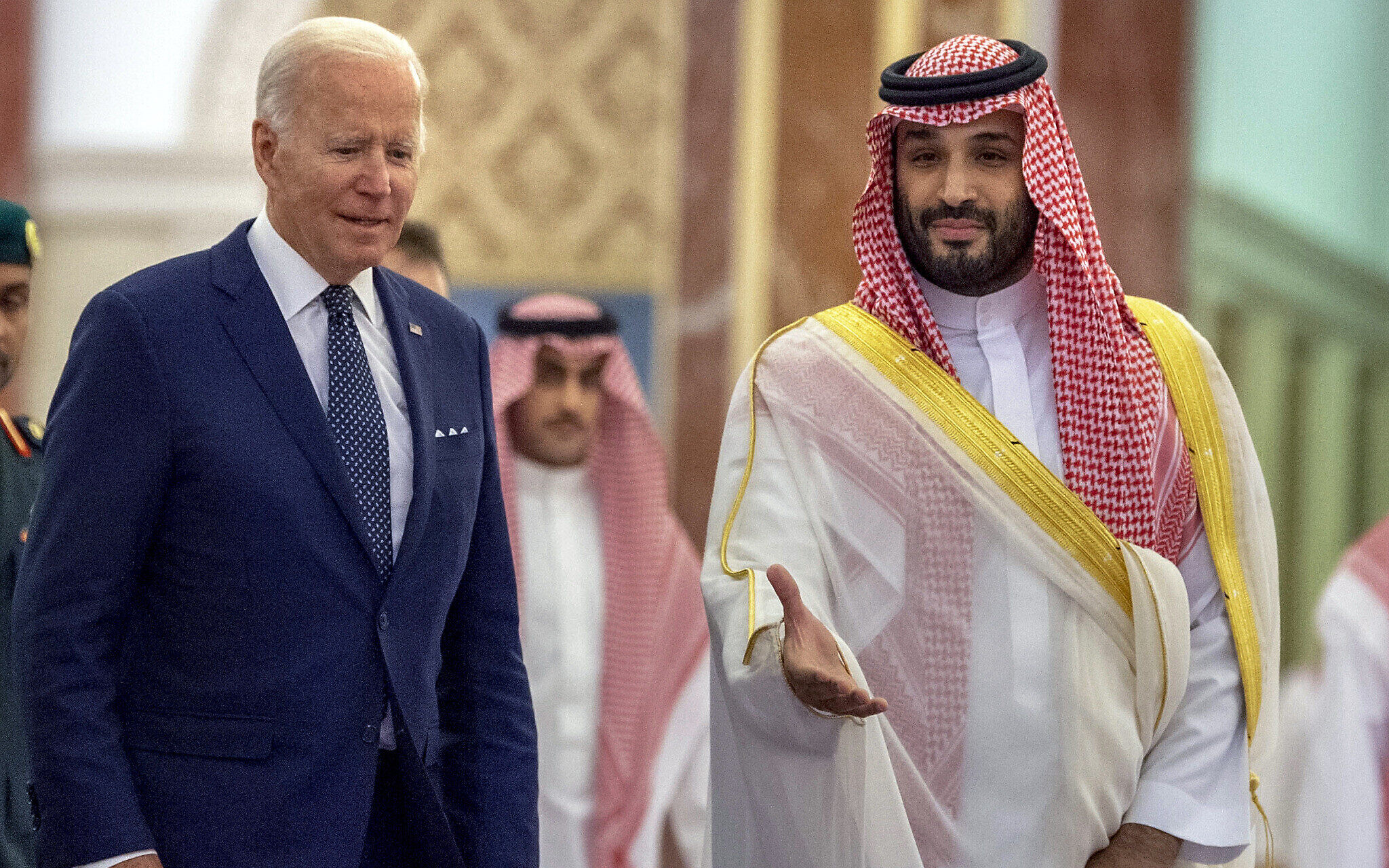Executive Summary
For the first time since assuming office, US President Joe Biden visited the Middle East region between 13 and 16 July, with stops in Israel and Saudi Arabia intended to boost US commitment to regional partners. A brief summary of the key takeaways and significant developments of the visit is provided below, but overall the visit did not result in any drastic or unexpected announcements.
In an issue discussed separately (see Regional Featured Article) the trip was widely expected to focus on Iran, including assessed US/Israeli-led efforts to promote greater security cooperation between regional stakeholders, including Israel and the Gulf States. Despite widespread agreement on the need to counter the Iranian nuclear program and other activities, the rhetoric employed during the trip, illustrates significant differences between Israel, the US, and the Gulf States – differences that underscore divergent interests and the limitations in efforts to promote security cooperation against Tehran.
As announced beforehand, the US President spent the first day meeting with Israeli officials, including interim Prime Minister Yair Lapid, and former Prime Ministers Naftali Bennett and Benjamin Netanyahu, before making a short trip to the West Bank to meet the President of the Palestinian Authority Mahmoud Abbas. Biden then flew from Israel to Saudi Arabia – the first direct flight undertaken by a US President between the two states – to attend a summit organized by the Gulf Cooperation Council and to meet with senior Saudi officials, including Crown Prince Mohammed bin Salman.
While a symbolically significant show of commitment to both Israel and Saudi Arabia, no drastic or unexpected announcements were made, with the visit instead marked by a series of predominantly supportive statements and rhetoric intended to shore up perceptions of US commitment to the region. Addressing the GCC-organized summit in Saudi Arabia, Biden notably stressed that the US would not “walk away” from the region and “leave a vacuum to be filled by Russia, China, and Iran.”
Attempt to deepen strategic relations with Israel and reset partnership with Saudi Arabia
Three separate statements were also published by the White House, including the Jerusalem US-Israel Strategic Partnership Joint Declaration; the Jeddah Communique reaffirming the US-Saudi partnership; and a joint US-GCC statement issued following the summit in Saudi Arabia, with several noteworthy takeaways.
In Israel, the US reinforced its close strategic relationship with Tel Aviv by signaling serious concerns about the Iranian nuclear program and pledging to use “all national powers” to prevent an Iranian nuclear weapon. Despite visible disagreements with Israeli leaders on the viability of diplomacy (see below), the visit underscored the US commitment to preventing a nuclear-armed Iran, and to broadly counter Iranian activities in the region. Meeting current and former Prime Ministers Lapid, Bennett and Netanyahu, the visit also intended to shore up personal relations with current and former Israeli leaders, including Netanyahu who may well return to the Prime Minister position in the coming national elections.
Importantly, Biden implicitly endorsed the current status quo with regard to the Israeli-Palestinian conflict, and while reiterating US support for a two-state solution, clearly signaled that the issue is not a current priority. Biden’s visit to the West Bank was comparatively short (reportedly lasting no more than three hours) and besides a pledge to commit $300 million in aid to Palestinian hospitals, the visit is seen as having done little to advance Palestinian interests.
In Saudi Arabia, both sides reiterated, through the Jeddah communique, the importance of the US-Saudi strategic partnership and by greeting Crown Prince bin Salman with a (widely discussed) fist bump before a face-to-face meeting with the de-factor ruler, signaled intent to move forward in the relationship that has been affected by the killing of US-Saudi journalist Jamal Khashoggi.
The two sides also committed to cooperating on a litany of issues of varying strategic importance, including clean energy cooperation, global infrastructure investments and sustaining the UN-led truce in Yemen. The most tangible result of the meeting however was the signing of a memorandum for cooperation on 5G and 6G technology. The agreement is significant given established US efforts to block Chinese companies, including Huwai, from the Saudi/Gulf market and more broadly to counter assessed efforts by China to forge closer relations with Riyadh at the US’ expense. In an expected setback, however, Biden failed to obtain assurances from Saudi Arabia regarding oil production limits amidst Riyadh’s continued cooperation with Russia, but the visit most likely set conditions for further dialogue ahead of the upcoming OPEC+ summit in early August (see separate article).


